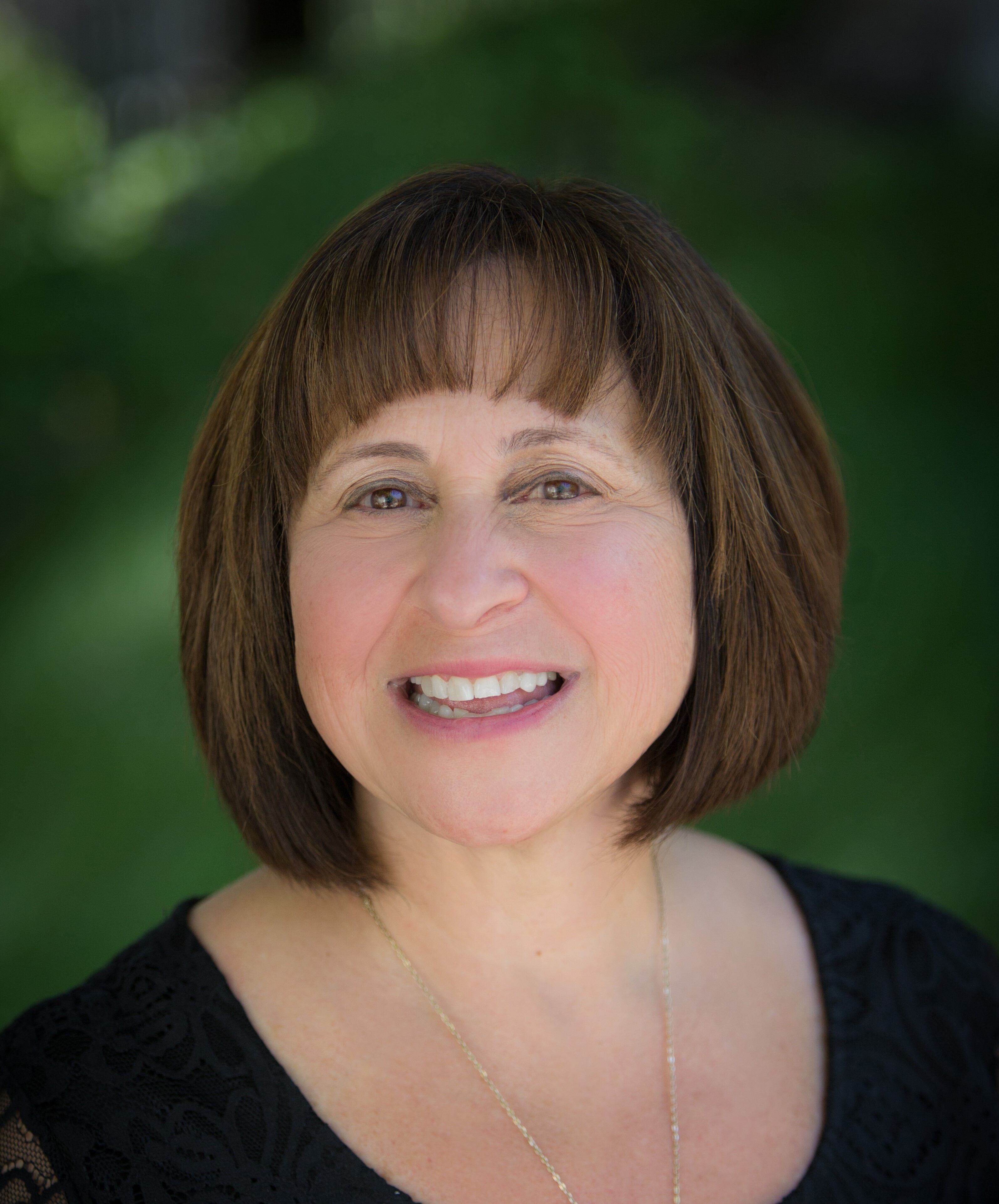Last Thanksgiving, my nephew celebrated his Bar Mitzvah. The morning after, I sat in the hotel suite with my sister doing a quick post mortem, reliving each moment and marveling at just how quickly the weekend had passed. After months of planning – well, agonizing, over who was coming, what the service would look like, where to have Thanksgiving dinner, what hotel we should all stay in, where to have Shabbat dinner, how to manage serving kiddush lunch in the same room as the service when it would be filled more than to capacity, and all the other details - in a quick flash, it was all over. Tired as she was, it was clear that my sister was not yet ready to give up the precious moments of celebration. And, as I prepared to rush to the airport for my return flight, I chuckled that she was arranging which of the relatives would still be around for dinner and where they should go eat. Meanwhile, in my mind I was already halfway back to Los Angeles already and counting all the things I had to do after six days away.
As we approach this Shabbat, we will have concluded the week long celebration of Sukkot. As is the case with any other Jewish holiday, we might expect that the celebration would be over and time would return to regular, ordinary life. Instead, however, the Torah instructs us: “On the eighth day, you shall hold a solemn gathering (azeret), you shall not work at your occupation.” From the Hebrew root AZR (ayin, tzadik, resh), the word Azeret has the literal meaning of ‘suspending’ or ‘holding back’. The midrash likens this to a king who once arranged a great feast and invited his beloved princes and princesses to his palace. Having spent several happy days together, the guests prepared to leave. But the king said to them: “Pray, stay one more day with me; it’s hard for me to part with you!”
It is as if, after the days of sitting in the Sukkah after all the High Holiday observances and celebrations, the Torah says ‘Wait, don’t run away so quickly. Hold back one more day. Spend another day with your Creator.’
Again I see myself with my sister in the hotel the morning after – just hanging out, reliving, talking about the weekend – how amazing my nephew was as he stood up on the bimah, how nice each of the meals were, how everyone looked, the food, and all the other nitty gritty details. And, it is precisely this picture that I think the Rabbis, in their wisdom, foresaw in the observance of Shmini Azeret.
Shaking the lulav each day, sitting in the Sukkah sharing meals with loved ones, reciting the special psalms of praise (Hallel), and continuing to dip our challah in honey that began with Rosh Hashanah - the colors, flavors, and smell of Sukkot has made for an amazing gathering. But, like with my nephew’s Bar Mitzvah weekend, by the end of the week long festival, so much happens in such a short time that it is hard to imagine that the celebration is over and the moment passed.
And in the midrash, a question is asked: How can one more day of celebration make the inevitable departure less painful? What is gained by pushing it off?
In the brief moments of Sukkot celebration, the building of the sukkah, the daily shaking of the lulav, and the eating of our meals in the sukkah pass ever so quickly. And with all the details of making it happen each day, before we know it, the moment will have passed, and we will wonder what we might have missed, and we need time to dwell in the experience and reflect on who we saw and what we did, and to try to find God and the godliness that was a part of it. So, the Rabbis understood Shmini Azeret to be God’s invitation to us to share just one more day – without any rituals specific to the holiday - simply to savor the connection and to spend just a few more moments in intimate contact with our Creator. Think about what it means to celebrate with friends and family, think about what it means to be part of a Jewish community, think about what it means to hold ourselves back to experience a moment, and think about the One whose will we seek to understand. And, in those few precious moments of extra time, what can be gained is that each of us can emerge with a greater sense of who am I, a greater sense of how I fit into the world, and greater sense of relationship with God with whom I share a relationship.
Shabbat Shalom and Hag Sameach.

